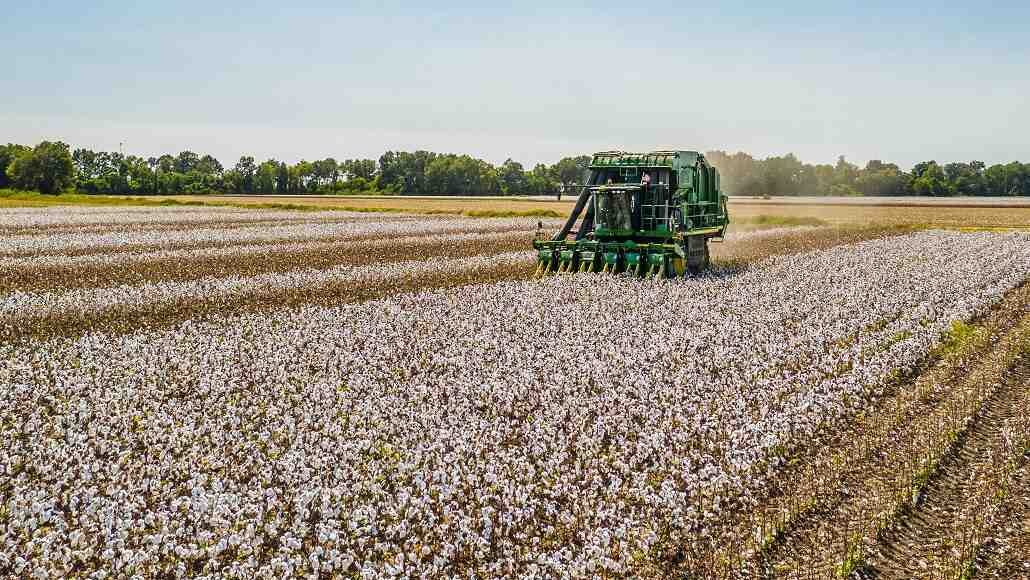The Better Cotton Initiative (BCI), a non-profit organization, has proudly announced a significant milestone: more than 50% of the cotton sourced via the initiative is now traceable within global cotton supply chains.
As reported by BCI, the cotton complying with its traceability standards is currently sourced from 15 different producing nations, indicating the successful growth of its traceability solutions since they were introduced two years ago.
Initiated in November 2023, the BCI Traceability program has attracted over 60 retailers and brands committed to sourcing traceable cotton, known as Physical BCI Cotton. Moreover, 17 members of the Better Cotton Initiative have incorporated products containing this cotton into their offerings.
The organization further revealed that nearly a quarter of all retailers and brand members have either sourced or pledged to procure this physically traceable cotton.
Jacky Broomhead, the director of traceability at Better Cotton Initiative, emphasized the importance of this achievement: “The complexity of textile supply chains, combined with increased legislation, makes traceability non-negotiable. To continue delivering on our mission of supporting cotton farmers globally and ensuring BCI farmers can access key markets, we needed to make BCI Cotton traceable.”
In terms of volume, over the past two years, more than 23,000 metric tons (mt) of Physical BCI Cotton have been traced from cotton gins through to BCI retailer and brand members. This figure represents a substantial increase from the prior total of 90 mt recorded as of November 2024.
To illustrate the scale, the Better Cotton Initiative estimates that with an average 100% cotton t-shirt weighing around 180 grams, this volume of traced cotton could produce upwards of 127 million t-shirts.
The cotton governance group has successfully implemented its traceability framework across all countries in which it maintains field-level programs. Ongoing collaboration with supplier and manufacturer members ensures compliance with its Chain of Custody (CoC) Standard, designed to uphold the integrity of the supply chain.
In the last year, the traceability initiative has expanded into Australia and Brazil. Concurrently, the number of suppliers and manufacturers adhering to the CoC Standard has risen dramatically from 700 in 2024 to over 2,000 today.
Broomhead added, “Making traceability both accessible to the market and inclusive for all BCI farmers has been a key goal of ours. Achieving this has been a truly collaborative effort made possible through the invaluable contributions of our retailer and supplier community, who helped develop the solution, and the many companies now sourcing Physical BCI Cotton.”
The enhancement of BCI Traceability is closely linked with the introduction of a new product label, made available last month.
This label is aimed at retailers and brand members wishing to certify products made with Physical BCI Cotton. According to BCI, the label verifies that the products contain cotton certified by a third-party, with verifiable traceability to their country of origin.
The certification provided by this label serves not only as a source of consumer reassurance but also enhances the credibility of the retailers and brands involved, as stated by the cotton sustainability initiative.
Physical BCI Cotton enters the global supply chains utilizing three Chain of Custody models: segregation (single country), segregation (multi-country), and controlled blending.
The single and multi-country segregation models require full separation from conventional cotton starting at the farm level. In contrast, the multi-country segregation model prohibits any mixing or substitution between origins or with conventional fibers during processing.
Controlled blending is introduced as a transitional model that allows limited mixing at production sites when demand exceeds supply, resulting in a percentage-based claim on the batch composition.
Overall, the progress made in Better Cotton traceability represents a significant step towards greater transparency and sustainability in the cotton supply chains globally.

































